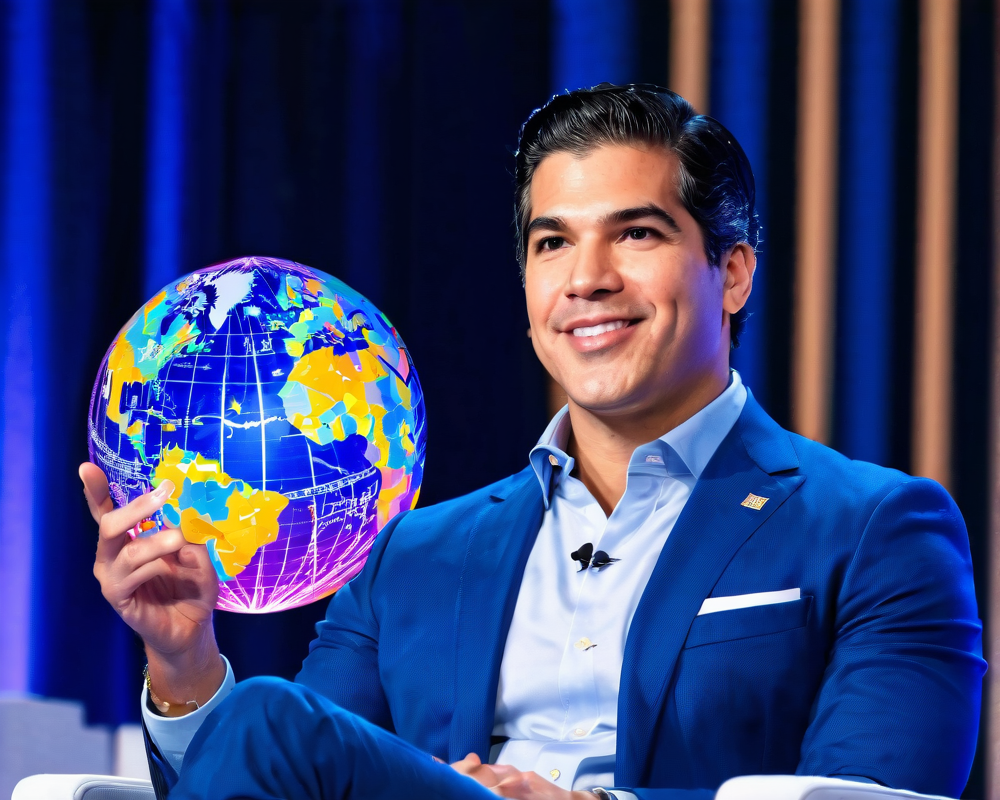Interview Insights from Davos
Krisitina Cornèr, the ingenious editor-in-chief of Cointelegraph, had the privilege of sitting down with Miami Mayor Francis Suarez at the acclaimed World Economic Forum (WEF) in the picturesque Swiss town of Davos. The conversation wasn’t just seeped in the frosty mountain air, but rather heated up with hot topics surrounding Bitcoin and its expansive role in the modern economy.
Crossing Roles: From Local Leader to Global Evangelist
Suarez emphasized that his role at the WEF diverges significantly from his responsibilities at Bitcoin Miami events. At Davos, he described himself as playing an “evangelist role.” He’s out there spreading the gospel of Bitcoin, attempting to enlighten the less initiated about a technology he believes will touch everyone’s lives.
Bitcoin as a Catalyst for Change
The mayor didn’t mince words when discussing Bitcoin’s potential. According to Suarez, this digital currency doesn’t just buy groceries; it has the capability to democratize financial systems and disrupt traditional regimes. “It creates trust, which is what currency systems should be based on,” he argued passionately. Seems like someone took a few economics classes on how a trustworthy currency isn’t just nice to have – it’s essential.
The Personal Touch: Mayor Suarez’s Bitcoin Journey
In a fascinating personal touch, Suarez revealed that he has been receiving part of his paychecks in Bitcoin, much to the envy of the common folk. “I mostly hodl,” he said matter-of-factly, sharing his confidence in the cryptocurrency’s technology and hinting that it might one day HODL a place in his children’s futures – because who wouldn’t want that sweet digital inheritance?
The Future Outlook: Crypto’s Rising Influence
Lastly, echoing the views of Mastercard CEO Michael Miebach, the mayor agreed that traditional systems like SWIFT could be on borrowed time – let’s say, five years, if we’re feeling a bit bold. Suarez recognizes the importance of companies like Mastercard embracing crypto. He mentioned that their infrastructure could bolster the crypto industry, providing it with the processing power necessary for further evolution.




